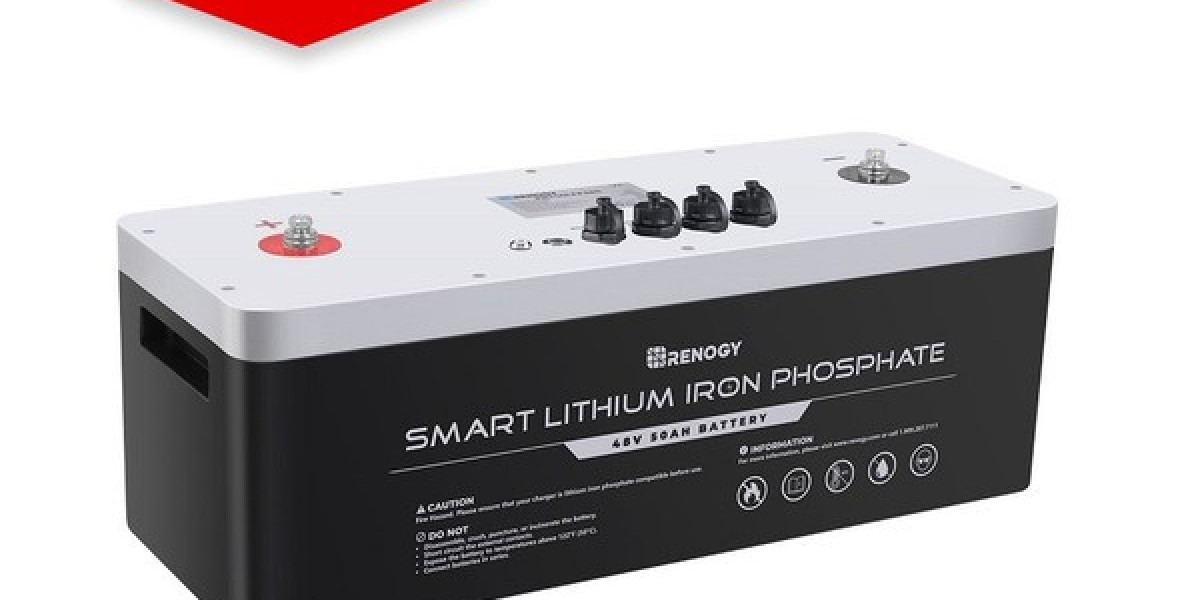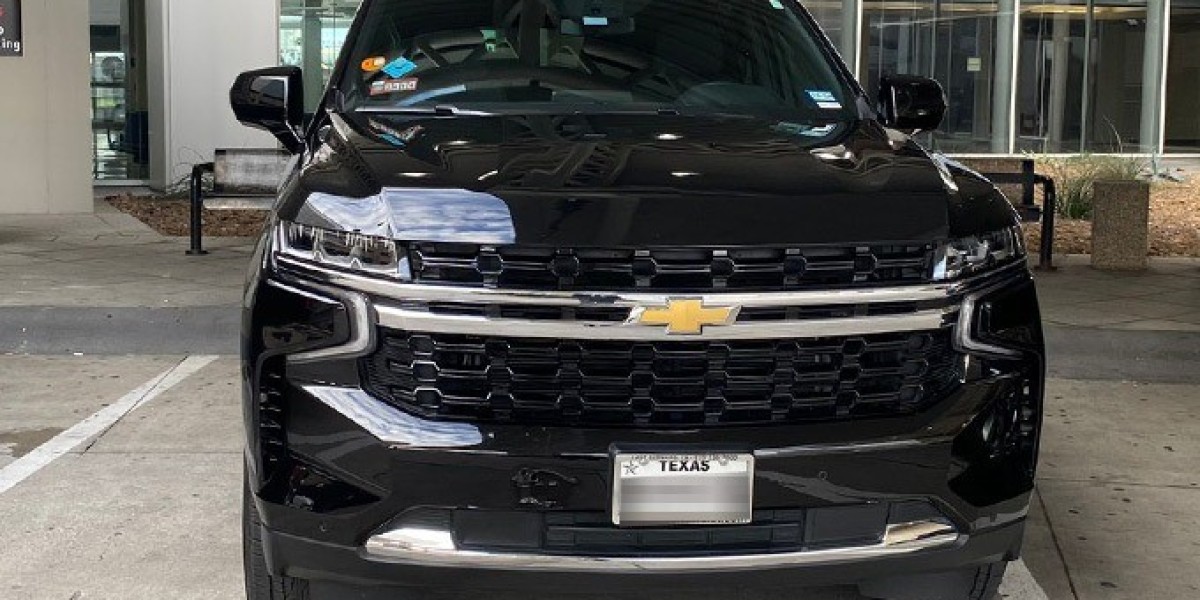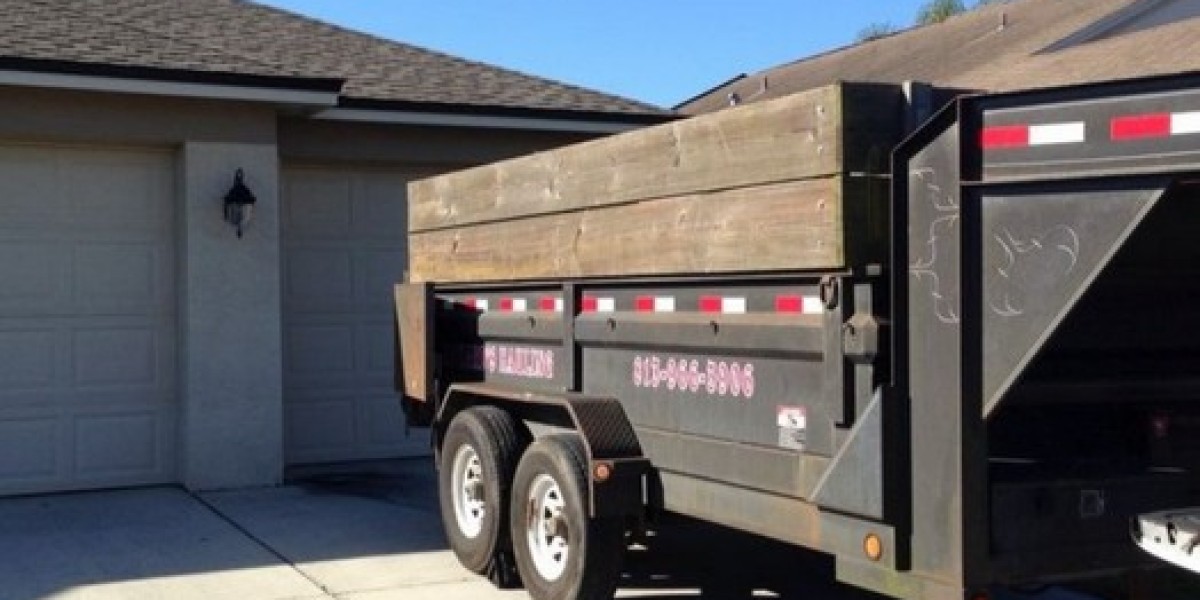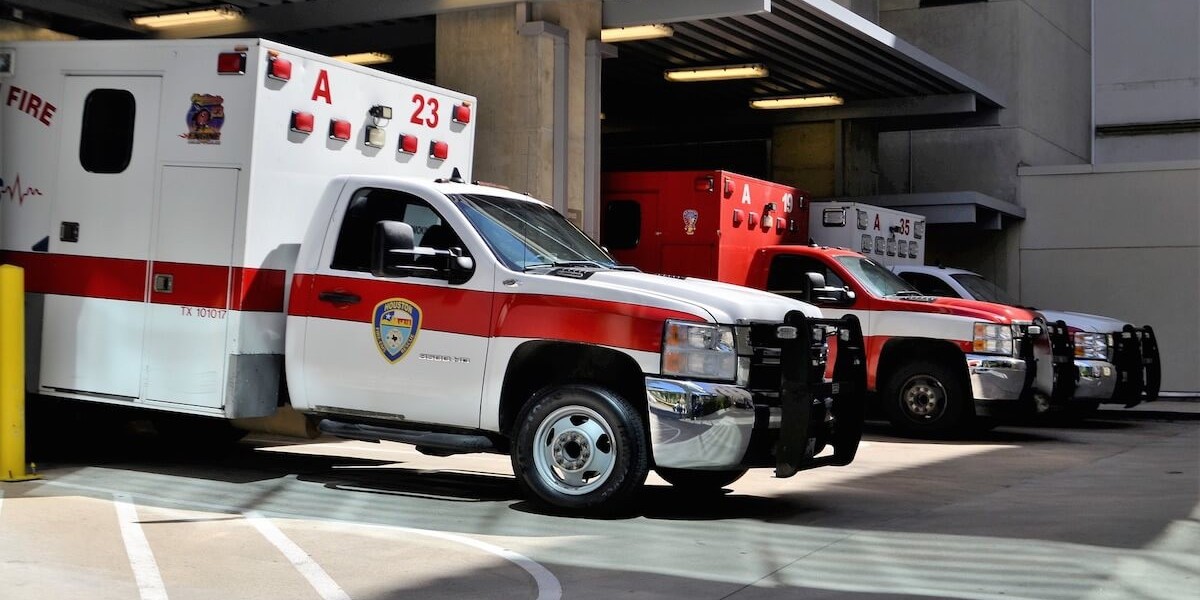There are many challenges to off-grid camping, from the management of grey and black water to simple safety in the forest, and relying on a reliable RV battery without having to worry about powering the appliances inside the coach, which provides many campers with the peace of mind they need.
Most RV's off-grid power comes from a dual battery relay, which usually only powers basic equipment such as lights, water pumps, and propane stove fans. It may seem like a small task, but these power demands add up and most camping batteries can't handle the added convenience of camping. However, the best RV batteries for camping can support a power supply that lasts for days, allow cell phones to charge via USB ports, charge children's tablets, and ensure that the pump works properly while flushing the toilet.
How do I test the best camping battery?
It was a difficult decision for me there was only one product to test, so I had to be creative. Instead of installing batteries and matching batteries of different sizes on a camper, I simply connected each battery to a converter and used it at night in a rather remote area where cellular data services were still available. Thanks to this, I can watch two hours of TV every night and plug the 70-watt TV into the converter, which is connected to a fully charged battery.
The Renogy Deep Cycle AGM 12-volt RV battery is a completely contained, leak-proof pure gel battery that eliminates the danger of acid leakage and the need to add water. Its performance ratings are top-notch—Renogy boasts that the battery can power the average 70-watt television for seven hours or a 130-watt fridge for 12 hours.
While its output numbers are impressive, it’s not a small investment for any RV owner at just under $300. For a two-battery inline setup, that’s a big chunk of change. The good news is, that with initial investment, an RV owner can reasonably expect up to seven or eight years of performance from this battery (the company claims it has a 10-year shelf life) so long as it’s kept on a charger frequently.
While it is heavy (at 66 pounds), it comes with two easy-to-grip handles that make transporting it a bit easier. Once you install it (assuming you’re using it as part of a two-battery inline system), you can reasonably expect a couple of days' worth of normal power supply, even in adverse climatic situations. And the battery functions acceptably well when temperatures drop below freezing or get into the triple digits.
Key Features
Weight: 66 pounds
Materials: Lead acid, AGM
Dimensions: 13 x 6.8 x 9 inches
Pros
Powers small appliances and even larger ones like a refrigerator or microwave (for a short time) if necessary
Holds a charge for a long time
Maintains discharge ability in temperatures as cold as 5 degrees
Recharges quickly
Cons
Heavy
Unwieldy to install
Expensive
Buying a camping battery for dry camping starts a very important relationship. When the RV battery is in use, it can withstand a variety of needs during the whole life cycle of its charging. From water heater pumps to electric fans and even some of the best camping accessories, they power everything. Some high-end RVs, they are used to power small electric heaters and in-car refrigerators. If you're camping in a dry place, it's worth buying a pair of sturdy batteries for your camper or fifth wheel.








